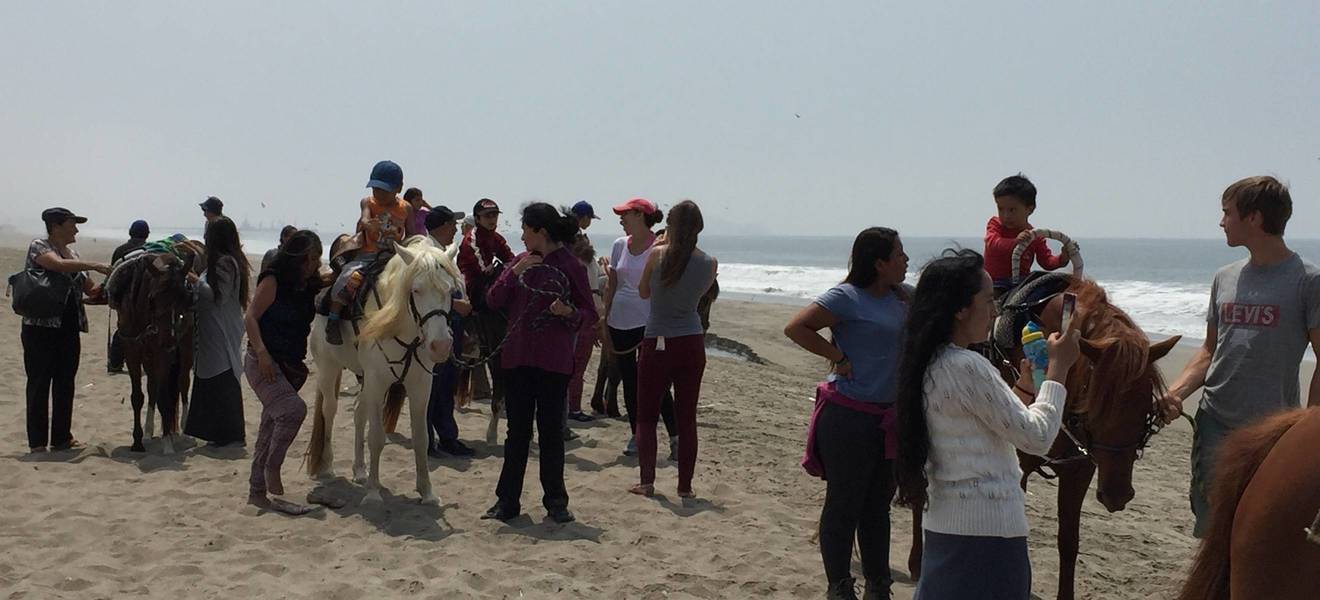13.10.2020/XNUMX/XNUMX / field reports
Internship Report - Mi Perú
Narua reports on her eight-week internship in equine therapy in Lima. She tells about the therapy of children with autism or physical impairments, about the support of the team and the sensitivity of the horses.
Naura's time in Peru
Two months of horse therapy in an unknown country
I reserve the right to talk about the ending right from the start. What I was able to experience in these two months was not at all what I had expected. After initially having a rather bad experience in one place, I can express my greatest thanks to my boss, who is now part of my Peruvian family, for her sensitive, natural and spontaneous manner. She soon offered me a new job where I could spend an unforgettable, beautiful and sometimes also strict, but instructive time. I would recommend the project to anyone who has a good heart and is aware of their responsibility. - Thank you, Deborah. But now to the real part, which I start with a moment that I will never forget. Try to put yourself in this situation. Then the whole thing is much more intense and interesting.
I'm standing there, my first day at work
Today, children to be treated should come by. In the first group are five to seven children and in the second group are the adolescents. The horses are ready and I'm nervous. I do not know what to expect. I have neither experience with mentally impaired persons, nor have I ever worked with horses as a medium. First, the patients are presented to me. I'm told to always be attentive. It may be that some beat, bite, scratch or pull your hair. Normally, nothing happens. Only one is there, one must pay particular attention to it, because once he starts to run, it can only be hard to slow him down again. This could scare the horses and endanger the clients. Most people are diagnosed with autism. I swallow loud and look around. A colleague puts her hand on my shoulder and tells me, "Do not worry, children will come first, but it does not hurt like that. And with the older ones, you can keep a little more distance. "Then she smiles and it starts.
That's how I ended up at the Horse Center in Lima, Peru this summer
I grew up in the country. Even as a small child I was fascinated by the animal world. So I started horseback riding when I was six years old. I loved it. Of course, at that point I wasn't aware of which aspect fascinated me the most. At that time I took part in a riding afternoon where you learned everything about horses. From the anatomy to the right care and finally we were also allowed to ride. When I moved to Basel, I was no longer able to pursue my hobby due to time and financial reasons. It wasn't until my year off after high school that I found my way back to horses. I worked on a farm in New Zealand and had a unique experience of the psychological effects of working with four-legged friends.
I then decided to register for psychology at the University of Basel
But I couldn't shake the thought of looking to work with animals again, especially horses. Once I had passed the introductory course, it was time to start looking for an internship. For personal reasons I really wanted to go to another country. So it was that I woke up one morning, grabbed my laptop, registered with the Spanish Language Center and set out to find a suitable hippotherapy internship in South America. It didn't take long and I found what I was looking for in a German organization called Rainbow Garden Village, which was able to find me a place in Peru. They helped me with all the preparations, were in contact with the future job and took care of family guest accommodation.
I was your first intern
That's why it was a totally new experience not only for me but also for my employer. Together, we worked out requirements and areas of activity, which made us both happy and able to benefit from each other. Then it started already. At the beginning and in order to get used to the matter of horse therapy, I was always allowed to go with the already trained therapists. I was very happy that Peruvians are basically very sociable and talkative people. So they loved to tell and explain everything to me and most of them two or three times until I really understood. The more I learned, the more I was allowed to actively help.
A quick recourse to my story at the beginning
Yes, the patient ran away, it was also beaten and torn by the hair. Fortunately not yet on this day, but only a week later. And until then, I had already learned a lot and in that moment I knew how to react. I felt better every day.
My job was very diverse
At the beginning, the focus was on learning everything important as quickly as possible. This includes above all the handling of the horses, including the riding and of course a base of language. I could not do much more than hola, hasta luego and no entiendo nada until the moment I arrived. Luckily you can learn a lot from children because they are always honest with you, and they also address you directly when you say something that in no way could make any sense. It became difficult with the understanding in children with behavioral problems. Not infrequently, they did not follow my orders and made me feel bad because they acted as if they did not understand me.
About understanding ...
It's hard enough dealing with kids like that when you speak the language. But when you first have to spend hours searching for a suitable word, it's really very difficult to impose your authority. For these situations I had the foreigner bonus. My work colleagues then allowed me to swap therapy, for example with simple autistic children. It is well known that these people do not speak much, so I had the opportunity to just talk about it and not be interrupted, no matter what came out of my mouth. I could tell from their faces whether they liked my stories or not.
Cultural differences
Also difficult especially with very young children was the lack of understanding of the culture. You look different, you speak differently and you behave differently. Certain children could see skepticism in their eyes and others just started to cry. But again, it helped me to make contact. I have learned German with you or just told what makes Switzerland or what are the main differences to Peru.
Horses speak a universal language
In my favor came that the work only with the animals took a majority of my presence. They speak a universal language. Riding is very important to get to know the animals and to maintain the relationship with them. When you are doing therapy with them, it is of the utmost importance to always know how they are doing. Even horses can stand up with the wrong leg, do not feel well or even be ill. In this case, letting go of impaired persons could in the worst case be fatal. That is why they regularly give them the opportunity to let off steam. And for the therapist a good seat is the alpha and omega.
Even some proverbs are unviersell
I could give you some explanations why riding can be good. I could also associate it with the whole theory of hippotherapy, but I miss the time here. But it was nice that in my internship I really had the time to get a good insight into this kind of work. All the more reason that I have become certain in the end that I would like to pursue this direction back in Switzerland. Maybe I do not have the opportunity yet, but as you know, there are many roads leading to Rome. This saying is also known in Peru.
Each report also includes a good conclusion with tips and tricks
I have nothing more to say than: "dare!" Such experiences, of any kind, change you and your life. You have the opportunity to discover new things and get to know each other from another side. I can only speak in a good tone about Peru. There are kind people there, and the country is imposing. But I would not necessarily visit Lima in the winter. The weather is more or less foggy every day and rather cold. But also has the advantage that you can work at work in a pleasant climate. In summer it should be humid and hot.
In the facility, most therapists speak English
So you can understand something depending on the level of your Spanish, but that is never a given in Peru. A linguistic basis can therefore be beneficial. What I also had to learn is that nothing works in Peru. The cars do not have door openers or they are completely missing from windows. People often do not understand what they are doing right now and they tell you so directly. So if you do not want to have problems, you have to have your seven things well organized, then you will find a solution for everything. Ask different people for information, because the first information is usually not the right one. Anyone on the street, whether old or young, big or small, clever or not smart, will give you information about your question.
And don't be too Swiss - a friend advised me to do the same before my trip
Too extreme punctuality is often considered annoying and even rude. Dramas and changes in arrangements are just part of everyday life, you get to know and love it, but you have to learn to take your life a bit easier, otherwise you will lose your nerves in this country and will not find you so quickly. But if you manage to get involved in it, you will experience an unforgettable time in which you never know what to expect next.
From Naura, October 2018
More projects that interest you could
Have you not yet discovered a suitable program for your time abroad? No problem, we will present you more Volunteer projects abroadthat might pique your interest.
Are you perhaps still at the beginning of thinking about your trip and have no idea what might be right for you? Whether you want to go abroad as a volunteer for a short time, or if you prefer FSJ up to 12 months abroad afford? Maybe there is one Internship abroad in a specific subject area the best way for you to gain experience abroad?
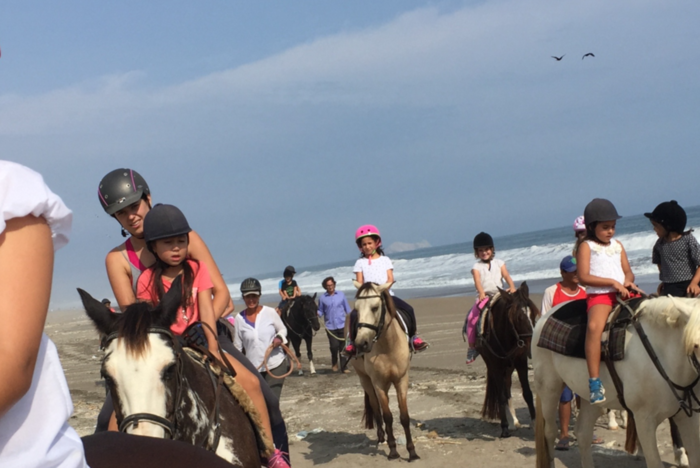

Peru | Social & Teaching
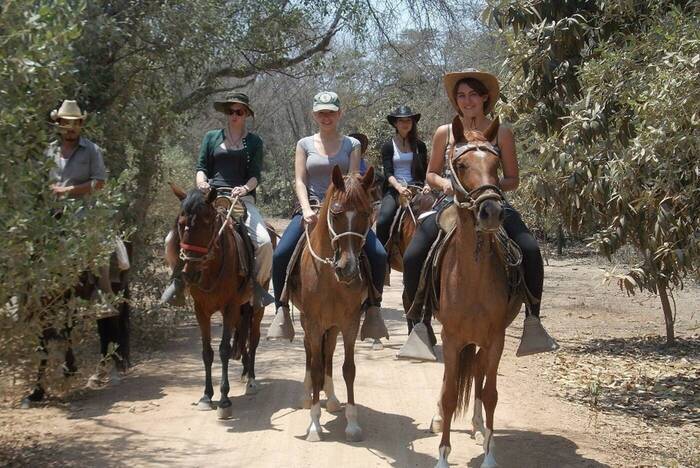
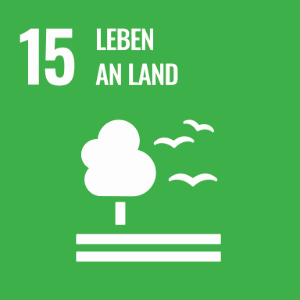
Peru | horses
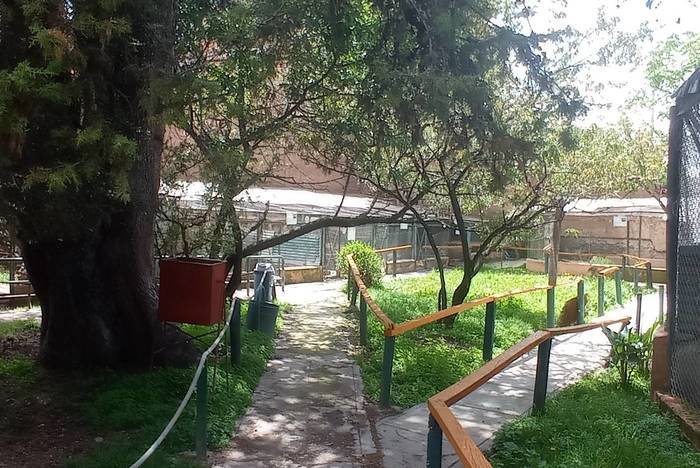

Peru | wildlife
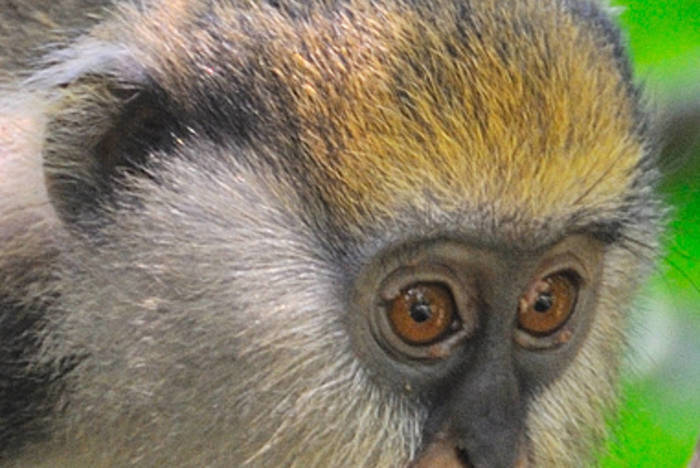

Ghana | Primates & Monkeys
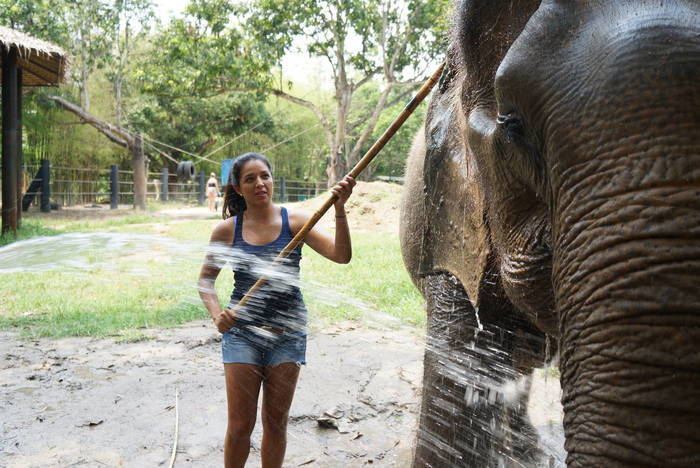

Thailand | elephants
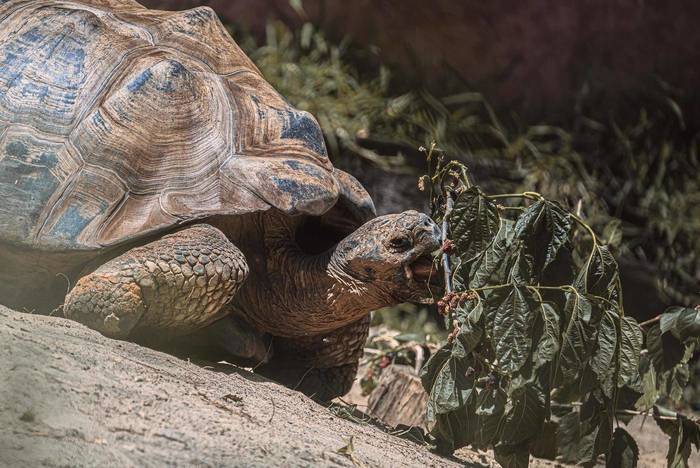

Ecuador | wildlife
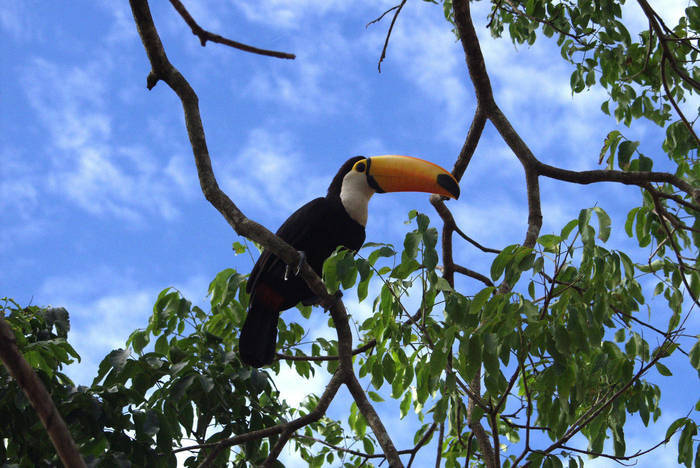

Bolivia | wildlife
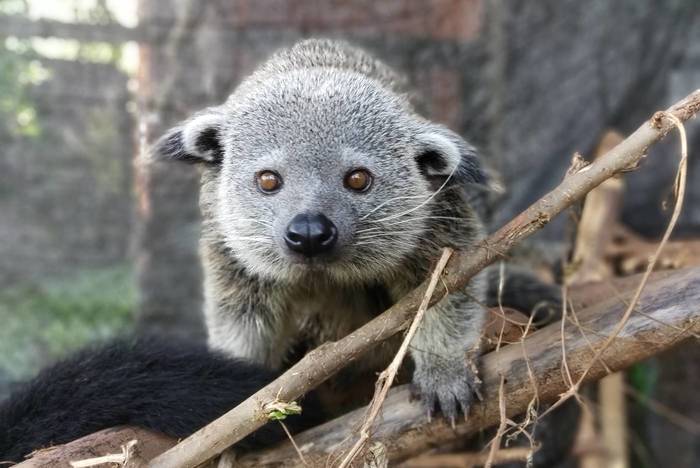

Bali & Indonesia | Wildlife
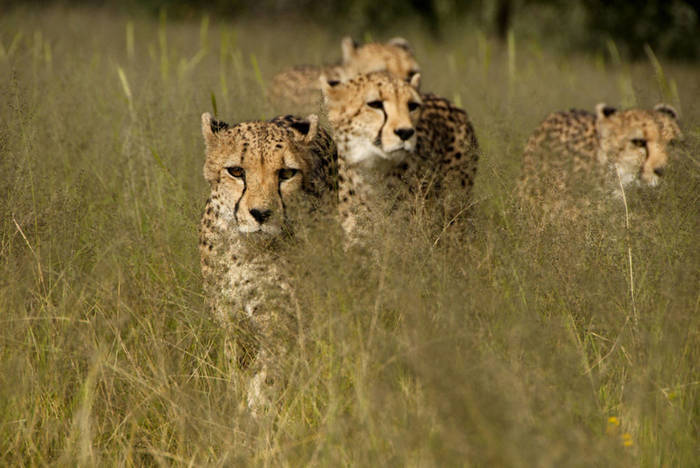

Namibia | big cats

